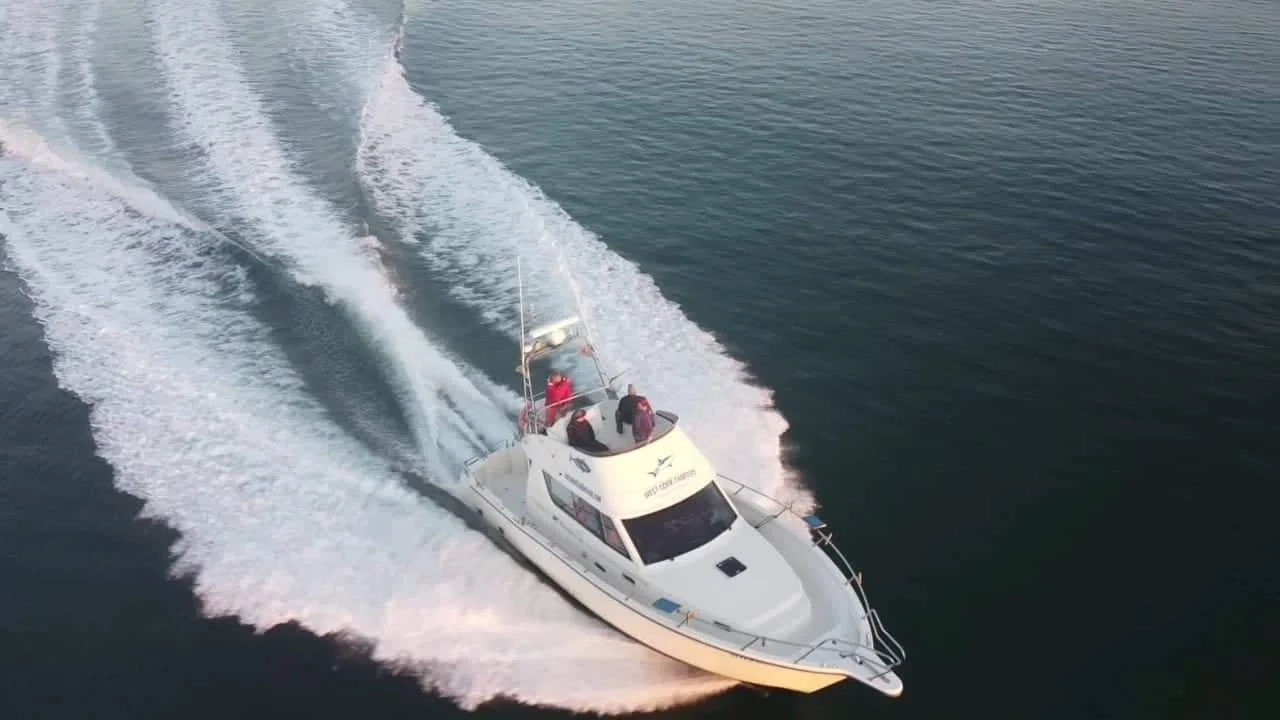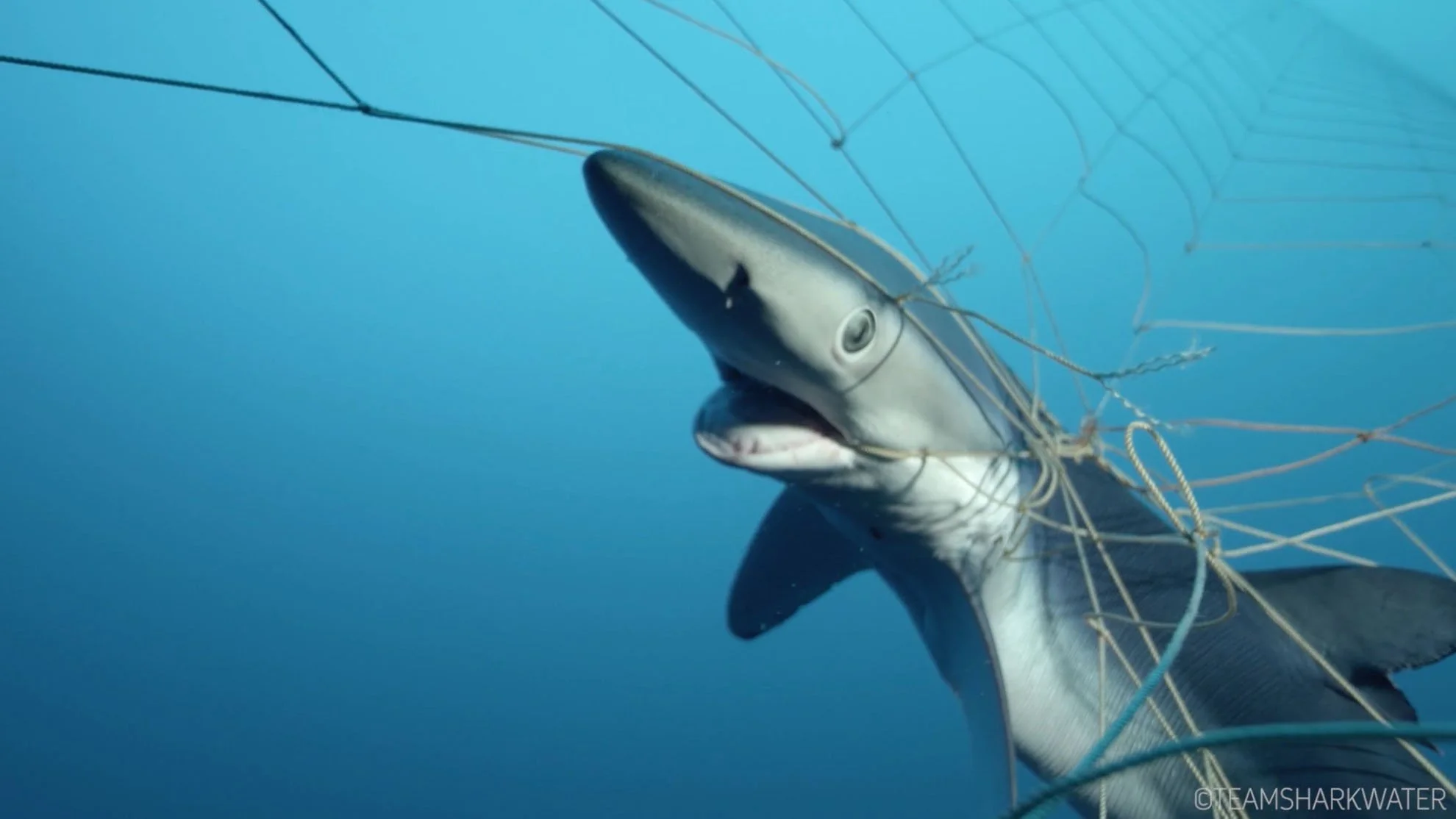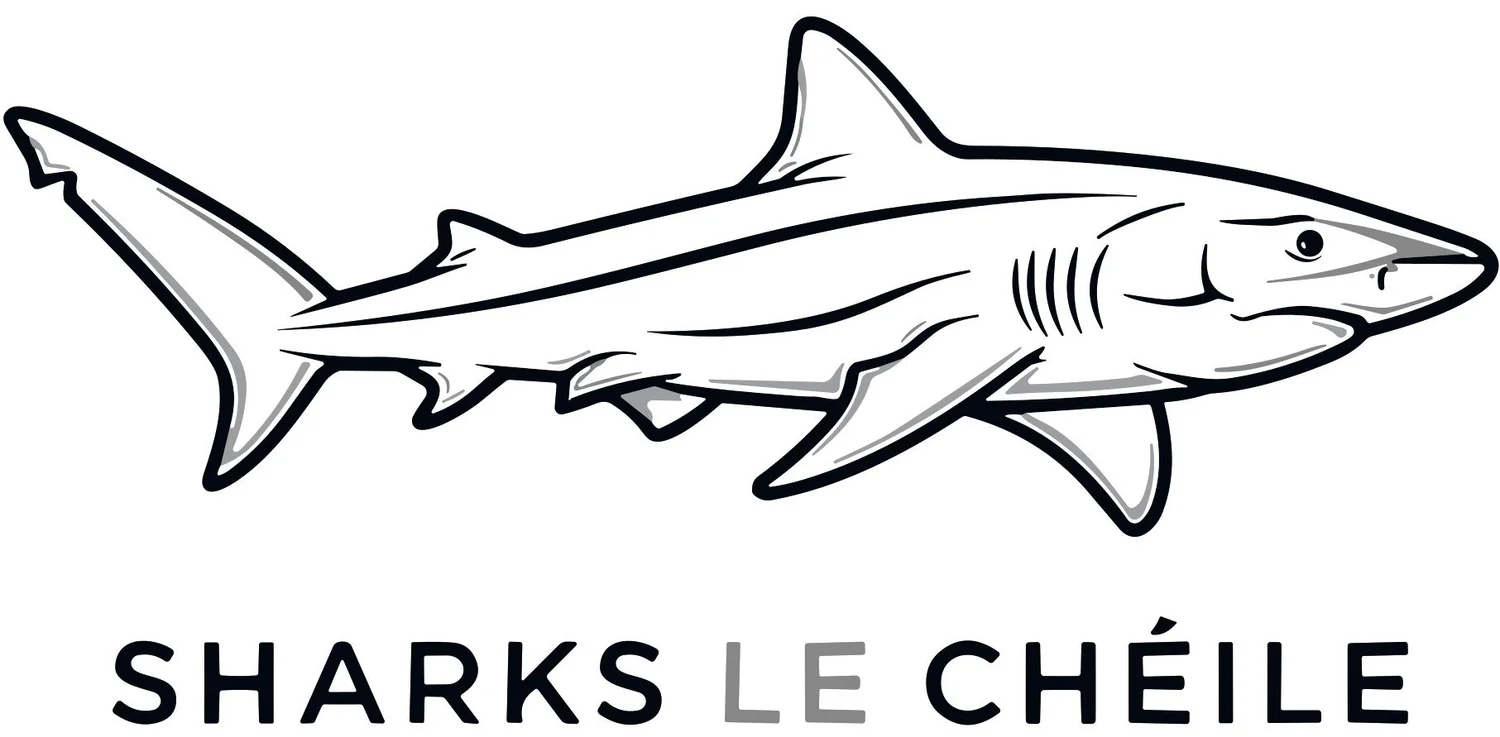
Sharks le Chéile - 2025 Angler Survey
-

Target Species
Several of our large shark and skate species are highly prized by anglers, while species such as Thornback Rays, Tope, Bull Huss and others are a mainstay for many shore and small boat anglers. From the humble dogfish to giant deep-water skate or powerful porbeagles, whatever you target, we want to hear from you. Your answers will enable us to build a better picture of the angling community, from species specialists and specimen hunters to those ticking off their species lists.
-

Benefits to Coastal Communities
Many of you may have travelled throughout our Island in pursuit of these animals, contributing to coastal communities through accommodation, charter boat hire and other associated costs. Additionally, some of you may represent international anglers who might have travelled hundreds or thousands of kilometres to experience what Irish angling has to offer. We believe it is important that this impact on coastal communities is fully recognised and taken into account.
-

Angling Practices
While Ireland’s shark and ray fishing community represents one of the most animal welfare and conservation focused of all angling groups worldwide, with very high rates of catch-and-release, it is important to understand the behaviour of anglers. This includes examples where best practices for animal health and welfare are followed, and where angling practices can be improved. Our aim is not to report negatively on the angling community but your answers will help in the production of guidance documents for anglers around Ireland to improve angling sustainability
-

Conservation Issues
Concerned that more can or should be done to preserve our most threatened species for generations to come? Have your voice heard regarding the current state of Irish shark, skate and ray populations and threats to their survival. Your opinion on these issues matters to us and will be presented to relevant government agencies to be taken into account in future conservation and management decisions.
Our 2025 angler survey is now closed, result from this survey will be published in due course
If you have already completed the survey and entered into the associated competition we will be in touch with you about our prize raffle shortly
Please check back soon for future surveys

